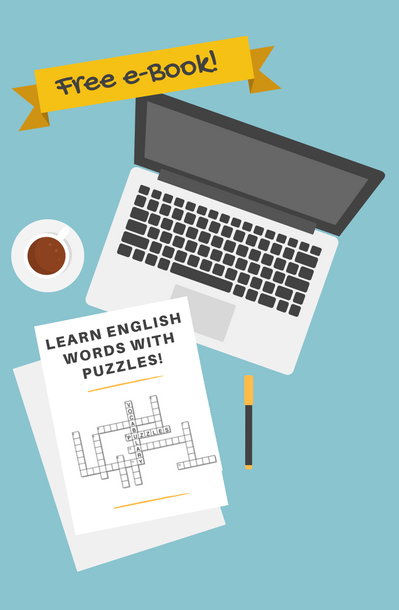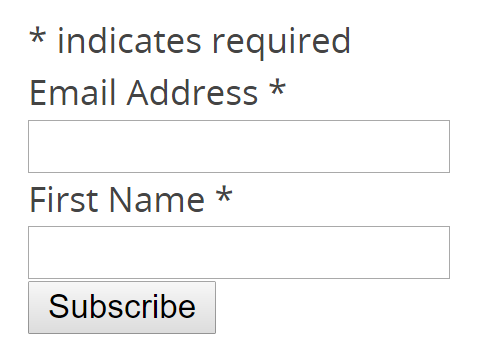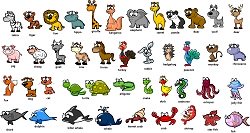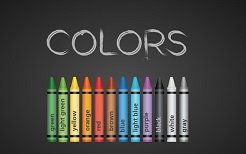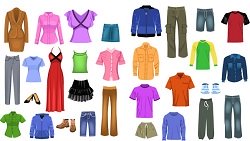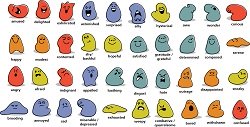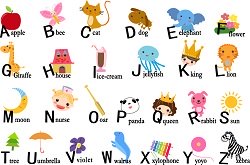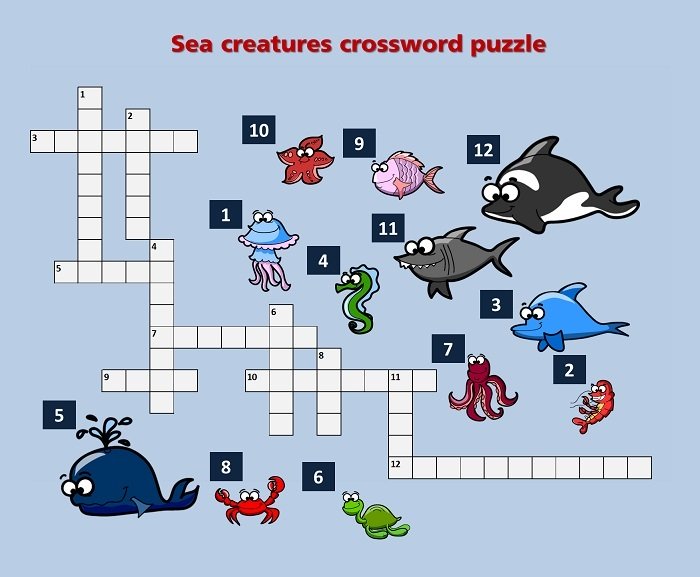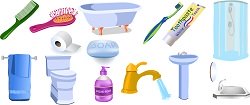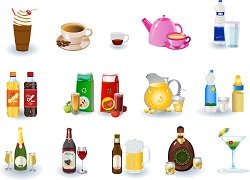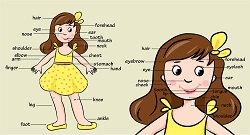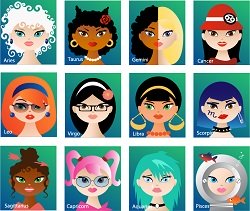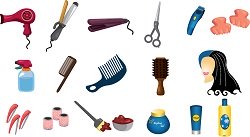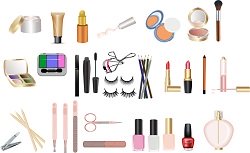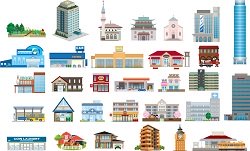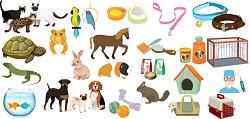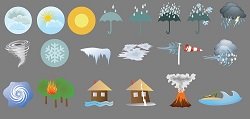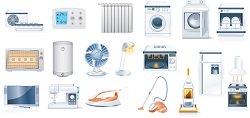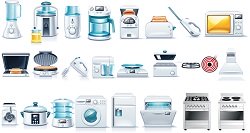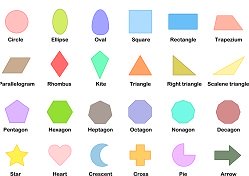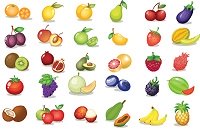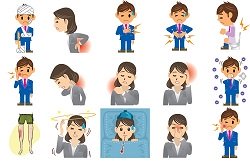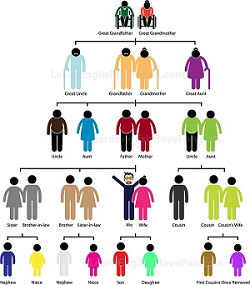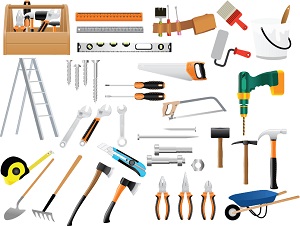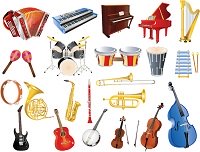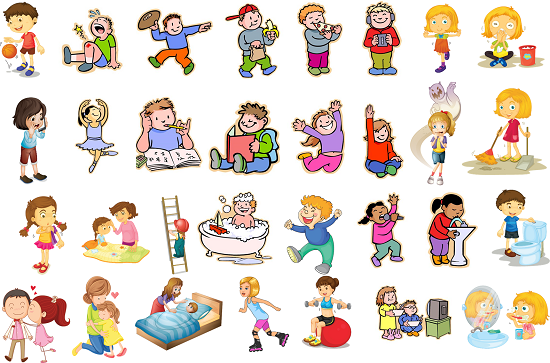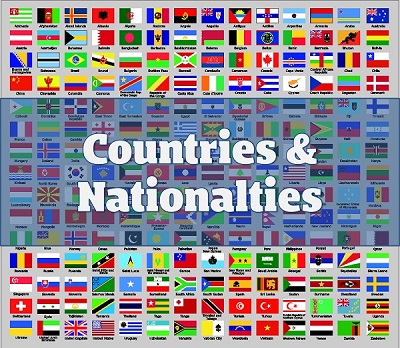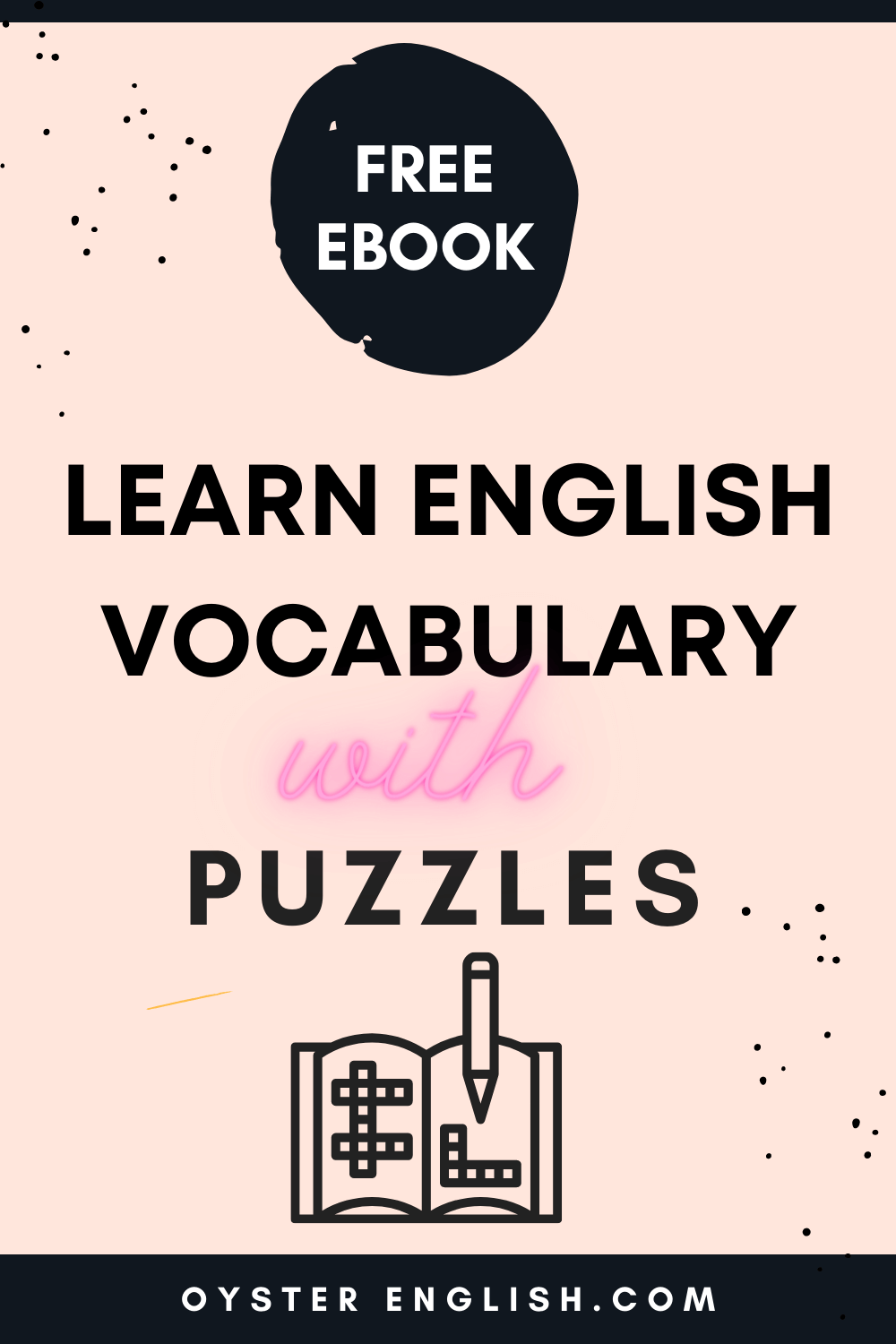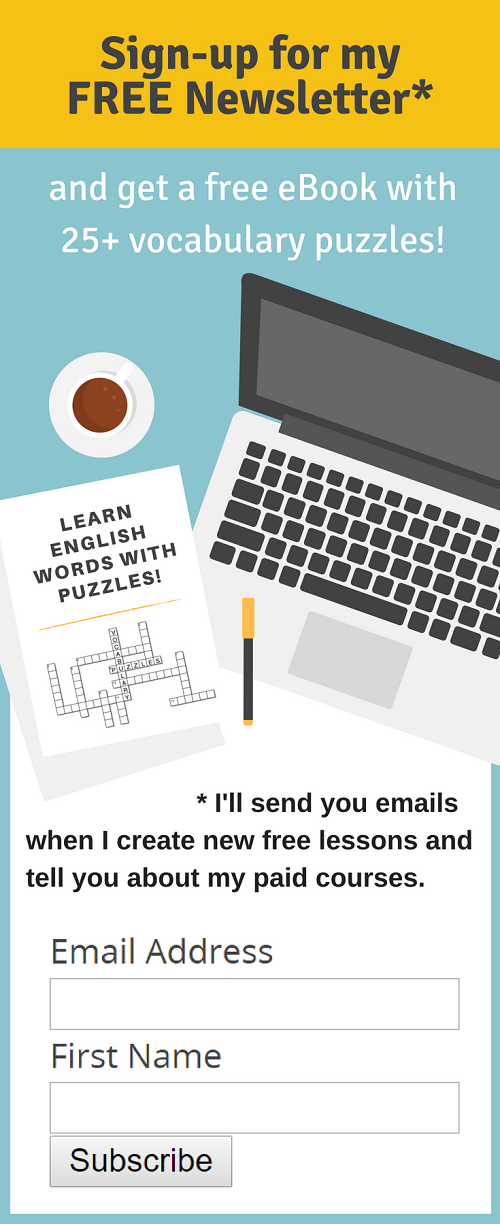How to Learn English Words
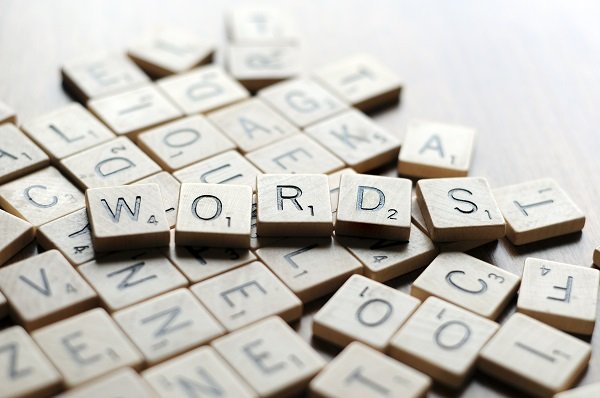
Learn English words quickly and easily with these tips and resources.
We all know we must learn English words—and lots of them—to speak the language well. A native English speaker knows approximately 12,000 to 20,000 words according to experts.
Mother tongue English speakers learn these words over a lifetime of informal daily life and in formal schooling.
There are anywhere from 450,000 to one million English words depending on whether you count words separately (e.g., sit, sitting, sat, sitter) or as part of a word family (e.g., sit).
We also learn words as part of idiomatic phrases (a set group of words that together have a meaning that's different than the separate words. e.g., sitting on top of the world).
- So how does someone learning English as a second language know where to begin?
- Which words should you learn?
- What's the best way to learn (and remember) these words?
Before we look at which words to learn and how to learn them, please note that this website includes many vocabulary word lists and lessons as you can see below.
Get Your Free Vocabulary Puzzles eBook
Oyster English's vocabulary lessons
Frequently used words: learn English words strategically
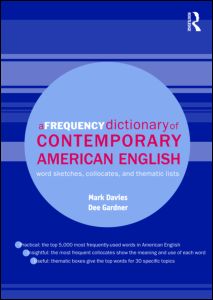
So which words should you learn first? The average spoken or written English text has many frequently-used words.
In fact, certain words are used so often that if you know the 2,000 most frequently-used words you'll understand 80% of the words in an average text.
Most students learning English as a second language will only need to learn 2,000 to 5,000 of the most common words in order to reach a high level of English.
Several dictionaries, such as the Oxford American dictionary, note to which words are the most frequently-used words.
There are also specialized dictionaries that have just the most frequently-used words (a good choice is Routledge frequency dictionary: A Frequency Dictionary of Contemporary American English).
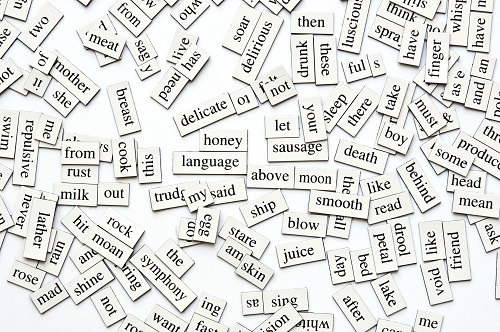
Sounds difficult but not impossible to learn 2,000 words, right?
Well, it's a little bit more complicated that that! Words are just part of the story.
It's the way that we COMBINE words into phrases and clauses; what form of the word we are using (e.g., using the word as a noun or verb), etc. that helps us understand and communicate in English.
Collocations: Learn English words in chunks (groups of words)
The best advice I can give you for learning English vocabulary is to learn them in groups of words rather than individual words.
We call these collocations, which are two or more words that usually go together.
For example, when talking about sports, we say "go skiing" not play skiing or do skiing. However, we say "play tennis" not go tennis or do tennis.
And we say "do karate" not play karate or go karate.
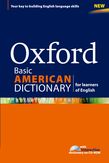
You also may know about idioms, which are expressions whose meaning is different from the individual words that make up the phrase.
For example, "hit the sack" means to go to bed (and not take a stick and hit a sack).
There are also many phrasal verbs, which are two- or three-word phrases that have a verb and a preposition and or adverb. (e.g., "turn down" the radio means to lower the volume).
So how exactly do you learn collocations, idioms, and phrasal verbs? My top recommendations are:
- Reading
- Specialized books and learner's dictionaries
- Word puzzles and games
Learner's Dictionaries
One of the best ways is to learn English words is to use a quality dictionary. A learner's dictionary provides information about all of three of these types of language chunks for every word in the dictionary.
They also provide sample sentences.
I really cannot recommend getting a quality learner's dictionary strongly enough!
A key to learning English words is to see the word many times and in different contexts and examples.
You'll also have to preferably say a word out loud or use it in conversation, write it, and hear it in addition to reading it.
A learner usually has to experience the word 5 to 15 times before it's firm in the learner's memory.
Reading (especially graded readers and audio books)

My number one recommendation for learning English words is reading.
When you read, you see the word in a real context.
As noted above, this is going to be helpful because you'll see how the word collocates with other words. So you get to see the surrounding words.
There are some excellent books, called graded readers.
Graded readers will help you learn vocabulary very quickly and learn words at your level of English. Click here to read more about graded readers and why they are so excellent for helping you learn English words.
Another great resource are audiobooks.
Many graded readers also come with audiobooks so you get the best of both worlds.
In English, you can find audiobooks for most popular books these days and you can buy them easily online.
For example you can order them from Amazon.com's partner company Audible.com.
If you buy the original book you can follow along and practice listening to the words used by a native speaker and this will help you with pronunciation too.
Learn English with Flashcards
Flashcards are very basic but effective way to learn targeted words.
Many students use Anki which you can download for free from the Internet, to make electronic flashcards with pictures and audio.
The advantage of Anki is that you can use it to practice words at intervals so that you can review a word a few days weeks or months later.
As I've said above, repetition is the key and you'll need to read and/or hear a word 5-15 times on average to memorize the word.
Anki uses "spaced repetition" to make sure that you don't forget the words.
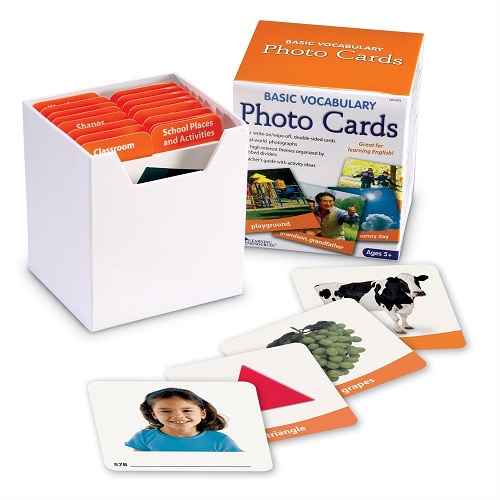
A good notebook is another basic but effective tool for helping you to learn English words.
Students underestimate this basic tool.
This is something that's really important to stop and recognize in a digital age, where we use computers and smart phones to do almost everything.
It has been scientifically studied and proven that writing things down improves memory retention.
I encourage my students to draw pictures or diagrams. For example if they're going to learn the parts of the body they can draw the body and label the parts. This helps students remember better than just a list of words.
Being creative with vocabulary words really helps. Just use your imagination.
For example, you can use Post-it notes to label everything in your house in English. Put a Post-it note on the table, on the telephone, on the refrigerator and every appliance on your counter top, etc.
Using a calendar is another great way to practice.
Simply buy yourself a new calendar or use the one on your phone or computer, and select one word per day. You can review your calendar at the end of each week, the end of each month and then randomly pick a few days to practice.
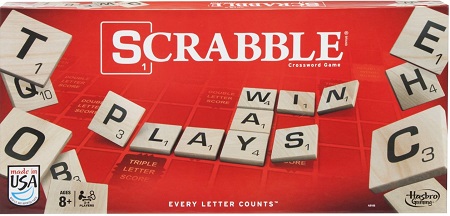
Learn English words with games
Games are another great option.
You can buy ESL word search and cross-word puzzle books and language arts activity books for English-speaking children. Have you checked out our FREE vocabulary puzzles?
Board games like Scrabble or Pictionary are also great games to play with your friends who are also keen to improve their English skills.
These are just a few tips and I hope some of them will be helpful for you.
- Home Page ›
- English Vocabulary
